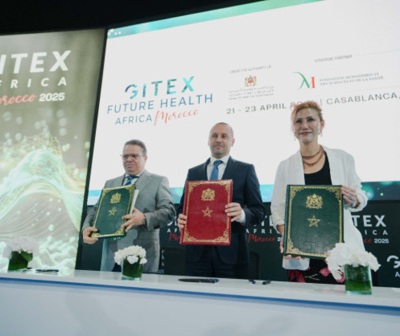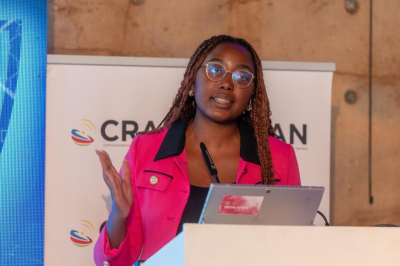The increasing prevalence of fake diplomas, driven by readily available technology, seriously undermines global education standards. However, blockchain technology presents promising solutions to combat this growing issue.
The Tunisian government has adopted a blockchain-based diploma verification system across its higher education institutions, aiming to combat widespread fraud.
The move follows a 2023 investigation by the Tunisian Association for the Fight Against Corruption, which revealed that an estimated 120,000 to 200,000 civil servants were allegedly hired between 2011 and 2021 using fake diplomas.
On Friday, February 28, Tunisia implemented the Unified Arab System for Diploma Authenticity Verification, utilizing blockchain technology. The system stores each diploma as a unique, secure, and tamper-proof block, protecting academic records from forgery, fraud, and unauthorized modifications. Institutions, employers, and stakeholders can instantly verify diploma authenticity, bypassing lengthy administrative processes.
The use of blockchain in higher education is not new. The Massachusetts Institute of Technology (MIT) implemented a secure digital diploma program on blockchain in 2017. In Africa, similar initiatives are emerging. Some Nigerian universities are experimenting with blockchain-recorded diplomas to ensure authenticity and simplify verification.
A study by Market Research Future projects the blockchain market applied to education could reach $1.3 billion by 2030, with an estimated annual growth rate of 33.7%. This growth reflects increased adoption of the technology by educational institutions seeking secure and simplified diploma management.
In Tunisia, the project is part of the Ministry of Higher Education and Scientific Research’s digital transformation strategy. It aims to ensure diploma integrity, develop digital skills, and modernize the education sector. The initiative stems from a November 2024 cooperation agreement between Tunisia and the Arab League Educational, Cultural, and Scientific Organization (ALECSO). A pilot project in three Tunisian institutions demonstrated the solution's effectiveness, leading to nationwide implementation.
Beyond combating fraud, the innovation is expected to facilitate academic and professional mobility by ensuring immediate and unquestionable recognition of diplomas nationally and internationally. It also represents a strategic advancement for Tunisia’s education system, strengthening the credibility and competitiveness of its universities globally.
By Samira Njoya,
Editing by Sèna D. B. de Sodji



















